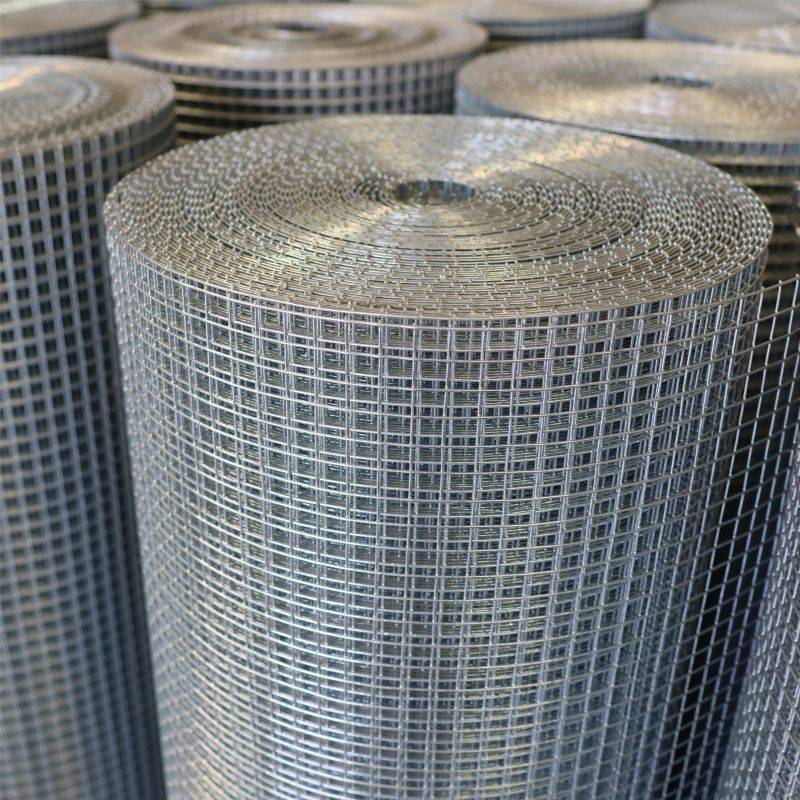Choosing a Reliable Chicken Mesh Manufacturer for Your Poultry Farming Needs and Projects
Understanding Chicken Mesh A Key Component in Poultry Farming
In the contemporary landscape of poultry farming, the choice of materials can significantly impact the efficiency, safety, and welfare of farmed chickens. One essential component that farmers frequently utilize is chicken mesh, also known as poultry netting or wire mesh. This article explores the importance of chicken mesh, its various types, and the considerations when selecting a manufacturer.
What is Chicken Mesh?
Chicken mesh refers to a type of wire fencing designed specifically for poultry farming. It is typically made from galvanized steel or stainless steel, making it both durable and resistant to rust and corrosion. The primary function of chicken mesh is to create a secure environment that protects chickens from predators while allowing proper ventilation and access to sunlight.
Importance of Chicken Mesh in Poultry Farming
1. Security One of the foremost reasons for using chicken mesh is to provide security for chickens. Predators such as foxes, raccoons, and birds of prey pose a significant threat, especially to free-range poultry. Chicken mesh serves as a robust barrier, keeping these animals at bay and ensuring the safety of the flock.
2. Ventilation Proper airflow is crucial for maintaining the health of chickens. Chicken mesh allows for adequate ventilation within chicken coops and runs, which helps to prevent respiratory issues that can arise in overcrowded or poorly ventilated spaces.
3. Control over Movement By using chicken mesh, farmers can create designated areas for their chickens, controlling where they can roam. This is particularly useful for rotational grazing practices, where different areas of land are utilized at different times to promote better pasture health.
4. Ease of Maintenance Chicken mesh is usually easy to clean and maintain. Its design allows for the quick removal of waste and debris, contributing to a healthier living environment for the birds.
Types of Chicken Mesh
When considering chicken mesh, it is essential to choose the type that best fits your needs
. Here are a few common typeschicken mesh manufacturer

1. Hexagonal Wire Netting This mesh features hexagonal holes, providing strength and flexibility. It is often used for enclosing runs or coops, striking a balance between durability and cost-effectiveness.
2. Welded Wire Fencing Made from welded wires, this type provides even greater strength and is less likely to bend or break under pressure. It is ideal for areas where large predators are a concern.
3. Electric Fencing Though not a traditional mesh, electric fencing can be integrated with chicken mesh systems to enhance security. It provides an effective deterrent against predators while allowing the chickens to roam freely.
Choosing a Chicken Mesh Manufacturer
Selecting the right manufacturer is crucial to ensure that you receive a product that is both high quality and cost-effective. Here are some considerations when choosing a chicken mesh manufacturer
1. Material Quality Verify that the manufacturer uses high-grade materials, such as galvanized or stainless steel, to enhance durability and lifespan.
2. Reputation and Reviews Research the manufacturer’s reputation in the industry. Look for reviews and testimonials from other farmers to gauge the quality and reliability of their products.
3. Customization Options Depending on your specific needs, you may require customized mesh solutions. A manufacturer that offers customization can better meet your requirements.
4. Customer Support Good customer service is essential for resolving any issues that may arise. A responsive and knowledgeable support team can make a significant difference in your purchasing experience.
Conclusion
In conclusion, chicken mesh plays a vital role in the success of poultry farming. By providing security, ventilation, and control over movement, it enhances the welfare of chickens and the efficiency of farming operations. When selecting chicken mesh, consider various factors, including material quality and manufacturer reputation, to ensure you make a wise investment for your poultry farming needs. Quality chicken mesh can lead to healthier, more productive flocks, ultimately contributing to the sustainability of poultry farming practices.
-
Space-Saving Chain Fence Hacks Vertical Gardening with Cyclone MeshNewsJul.16,2025
-
Innovations in Iron Nail Wire Production for Modern ConstructionNewsJul.16,2025
-
Creative Uses of Wire Netting Fence in Modern Landscape DesignNewsJul.16,2025
-
Barbed Wire Fence Innovations in Anti-Climb TechnologyNewsJul.16,2025
-
Architectural Uses of Umbrella Nails for Aesthetic Roof DesignsNewsJul.16,2025
-
Architectural Uses of Razor Barbed Wire in Secure Urban DesignNewsJul.16,2025




